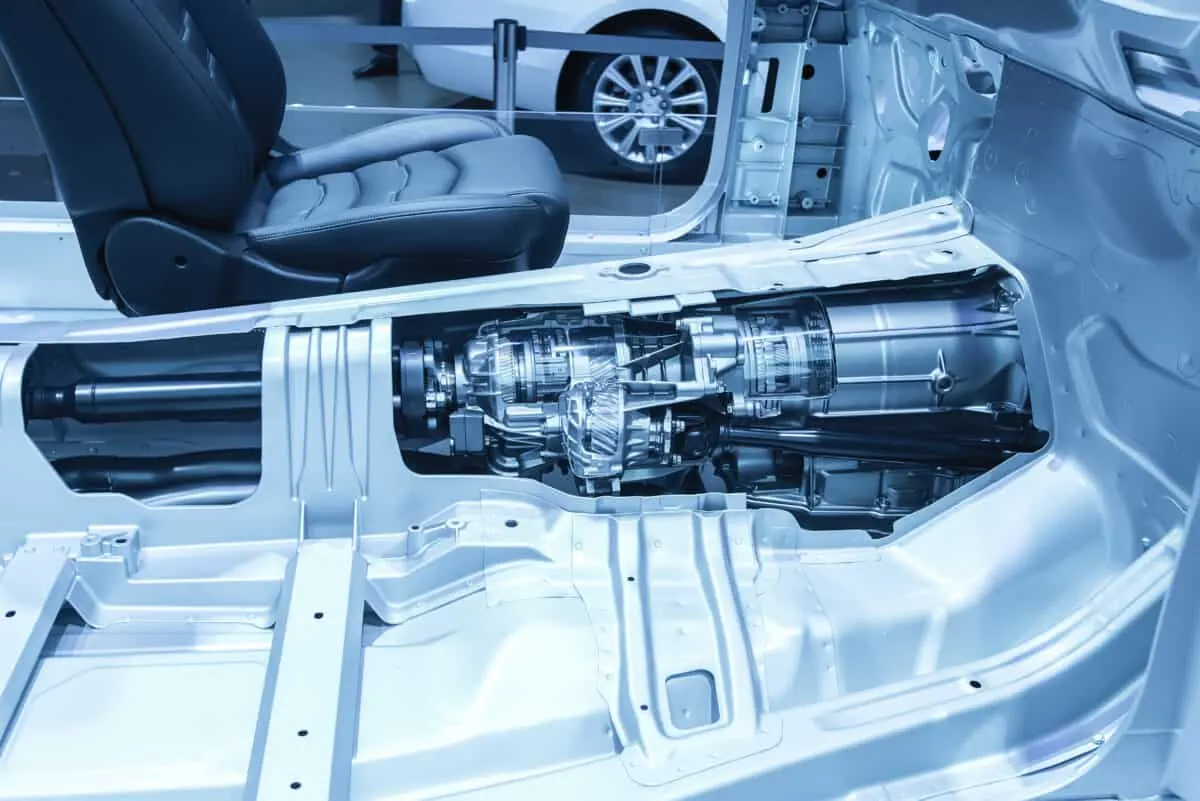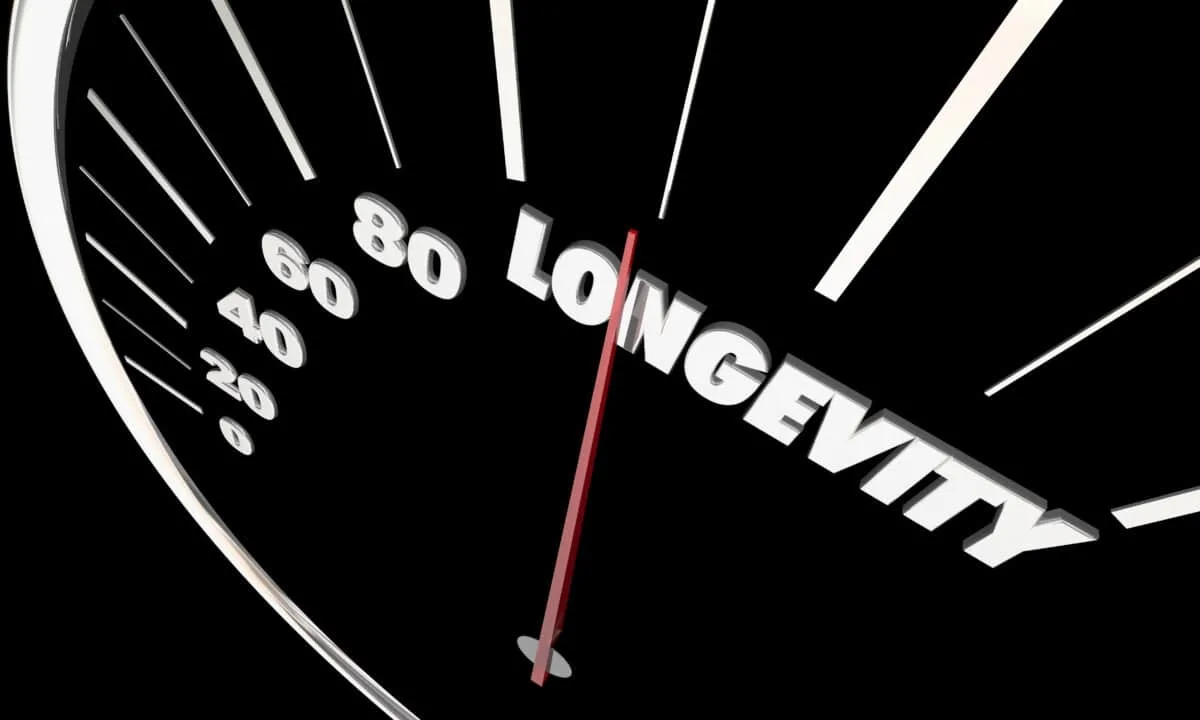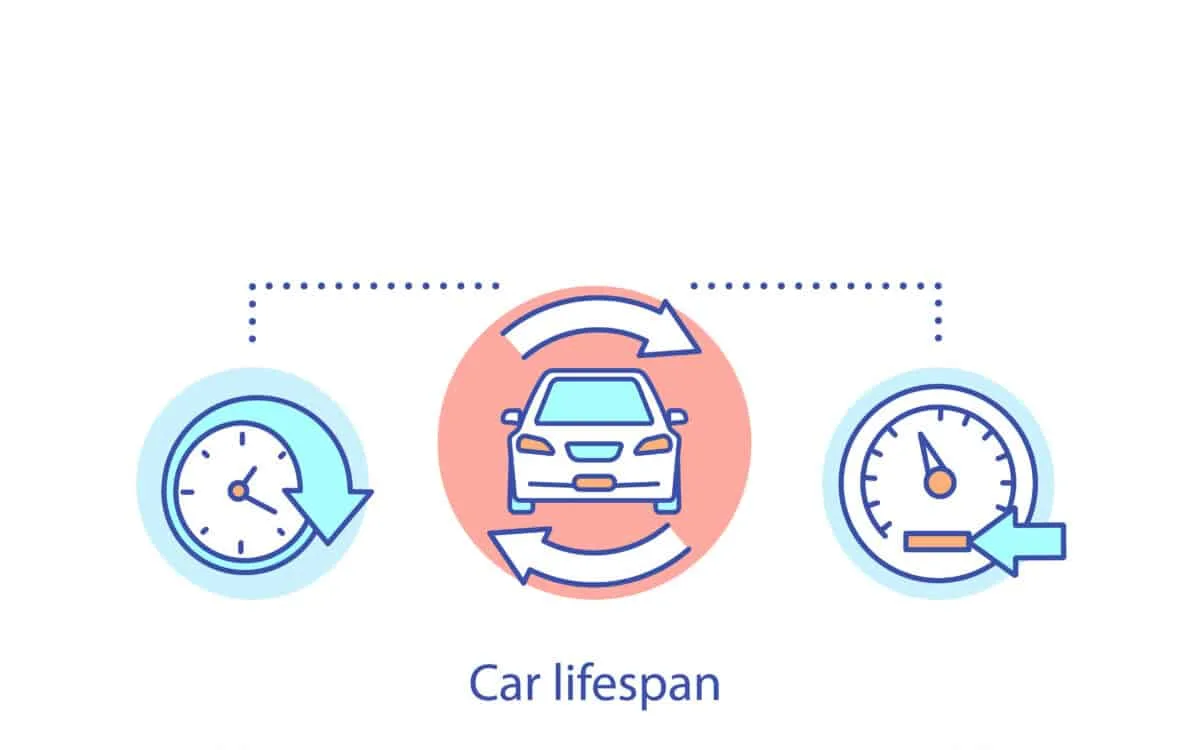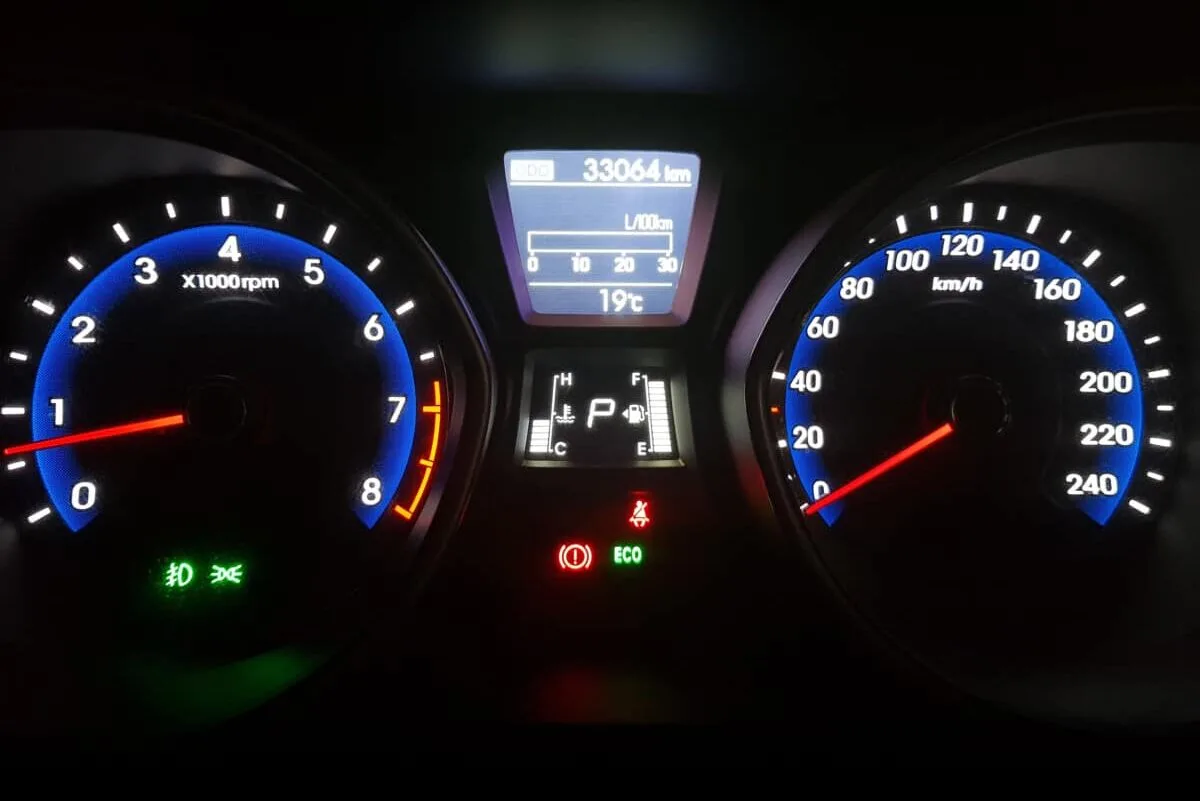If you are wondering how long Honda Civics last, then you have come to the right place! Honda is known for producing long-lasting vehicles, many of which can last over two decades. However, some may wonder if the Civic is included in this category of their durable vehicles, or if it did not quite meet the standard.
The Honda Civic has a lifespan of 20 years or 250,000 miles. If they receive proper care, the vehicle can last up to 500,000 miles. Older Civics have a longer lifespan and higher reliability scores compared to newer models. With routine maintenance, the vehicle will have a longer life expectancy.
Given how long the Honda Civic has been in production, it is not a surprise that the car is considered to be a resilient vehicle. Now that you know this, you may be wondering how long the transmission lasts, how long the alternator lasts, and the lifespan of the Civic based on the year it was produced.
To learn more about Honda Civics and how long they last, continue reading below to discover everything imaginable about the topic.
Honda Civic Expected Lifespan
Vehicles are currently lasting much longer than they have in the past. If you purchase a new car, you can expect it to last at least 200,000 miles, and many of them can last even longer than that. The updated technology and components that they use allow for increased longevity.
Honda Civics last even longer than a standard vehicle, and some of them can even double the 200,000-mile estimate. They can be expected to last at least 250,000 miles. The average person drives about 13,500 miles per year, which means that the Civic can last for about 20 years under standard use.
Some Honda Civics can even last up to 500,000 miles before they start to have serious issues. The longevity of this vehicle is impressive and is much higher compared to others in its class.
According to US News, the 2022 Honda Civic has a reliability score of 82/100. A score of 81 is considered to be great, so you can be confident in knowing that the current Honda Civic is likely to be long-lasting.
The Honda Civic comes with a basic three-year/36,000-mile warranty plan and a five-year/60,000-mile powertrain warranty. This is likely to cover any costs that may appear along the way, but these issues are unlikely for most Civics.
How Long Transmissions Last on Honda Civics

In Honda Civics, the transmission can last about 150,000 miles. Many transmissions die out after 100,000 miles, so you will want to be sure that you are taking care of the transmission in every way possible.
Routine maintenance is the easiest way to increase the lifespan of the transmission, and yet many individuals skip this crucial step.
Honda Civic Mileage Expectations
As mentioned earlier, the Honda Civic lasts for at least 250,000 miles.
It is a rare occurrence that drivers have issues with their Civic before reaching the 250,000-mile mark, and it is almost unheard of for issues to appear before 200,000 miles. If the car breaks down before it hits 200,000 miles, it is likely because the car did not receive proper maintenance or because it has received severe damage.
In most cases, the Honda Civic can last over 300,000 miles. Oftentimes, you will even be able to find Civics that have been going strong for over 500,000 miles.
Because the Honda Civic can last for so long, you will see many second-hand ones on the road. Even older Civics are still being driven because they are still highly capable, even with so many miles on them.
How Long Alternators Last on Honda Civics
Most commonly, an alternator can be expected to last anywhere from 7-10 years. Honda Civics are on the lower end of this range, however, and typically last about 7 years.
To increase the lifespan of the alternator in your Honda Civic, you will want to make sure that you are doing everything possible to increase its longevity. One way to do this is by replacing specific components on a consistent basis.
Another method is to make sure that there is no leaking fluid. Leaking fluid that is not quickly fixed can result in costly repairs and will quickly diminish the lifespan of the Civic’s alternator.
How to Extend a Honda Civic’s Lifespan

Although Honda Civics have particularly long lifespans, you will still want to do everything in your power to extend how long they are able to last. Increasing their longevity can be done in a variety of different ways, all of which will be listed below.
While you might already know some of the following methods of extending your Civic’s lifespan, you are likely to find some new ways you have never heard about before!
The first way that you can extend a Honda Civic’s lifespan is by taking it in for routine maintenance. You will want to check the owner’s manual and see how often Honda recommends for you to take it into the shop, as it will be based on your specific Civic model.
Regular maintenance oftentimes includes replacing coolant, oil, brake fluid, etc. By making sure your Civic is up to date on its maintenance, you can decrease the cost of damages and you can make sure your vehicle lasts for as long as possible.
The second way that you can extend a Honda Civic’s lifespan is by making sure you are not driving it when it needs to be repaired. Oftentimes, drivers will ignore the warning lights that appear because they do not want to waste money on something that they could otherwise avoid.
However, these lights appear for a reason and should definitely be a sign that you need to take your car into the auto shop. By taking your Civic into the shop earlier, you could increase the likelihood that your vehicle will last longer.
The third way that you can extend a Honda Civic’s lifespan is by driving carefully. You will want to follow the speed limit and never go over it. The best speed to go for a Honda Civic is less than 65 mph as this will decrease the stress on the transmission.
By not going over the speed limit, you will increase the longevity of the engine and therefore the whole vehicle. In addition, you will not want to accelerate quickly. Accelerating slowly is ideal for all vehicles, and the Honda Civic is no exception.
The fourth way that you can extend a Honda Civic’s lifespan is by not driving for short distances. Driving short distances can harm the battery without you even knowing it. If you have had issues in the past with your car battery failing to keep a charge, then you may want to take how many short drives you do into account.
Short distances are bad for the battery because the drive is over before the battery is fully charged, which is a harmful practice for the Civic. Although short driving distances are convenient, you will want to limit the number of times you do them.
If you’re driving for too short of a distance, try walking or riding a bike instead to preserve the lifespan of your Civic.
Honda Civic Lifespan vs Similar Cars
1. Hyundai Elantra
The Hyundai Elantra has a similar lifespan to the Honda Civic, as this vehicle commonly lasts for over 250,000 miles. This means that the Elantra will likely last for about 18 years.
2. Toyota Camry
The Toyota Camry does not usually last more than 300,000 miles. However, the Camry did receive a great reliability rating of 84 out of 100.
3. Nissan Sentra
The Nissan Sentra can last anywhere from 250,000 to 300,000 miles, which is the same as the Honda Civic. Many Sentras have the ability to last over 20 years, which is comparable to the Civic.
4. Ford Fiesta
The Ford Fiesta has a shorter lifespan than the Honda Civic. It can only last about 150,000 miles, which is about half the lifespan of the Civic.
5. Toyota Corolla
The Toyota Corolla has the ability to last longer than the Honda Civic. The Corolla can last at least 300,000 miles, which makes the vehicle extremely reliable and durable.
How Long Honda Civics Last by Year

As you can see, Honda Civics are reliable vehicles. On average, they can last at least 250,000 miles but are likely to last longer than that. They continue to work with limited issues for about 20 years, proving their reliability.
However, this is based on averages, and you may be wondering how reliable your Civic is based on the year it was created. Below is a list of the different years for the Civic and their reliability rating, each of which has been based on the scores given by US News.
2008 was the first year for the Honda Civic. However, it was a good one, and they have been popular ever since. The 2008 Civic made quite the impression with reliability, and it was given a score of 4.5 out of 5.
The next year, in 2009, the Civic did not receive as good of a reliability score. It got a score of 3 out of 5, which is still respectable, but not as good as the previous model. The 2010 model received a score of 3 as well.
In 2011, there was an increase in the reliability score. The 2011 Honda Civic is known for its high-reliability rating and has proved to be a durable vehicle.
Unsurprisingly, the 2012 Honda Civic had a wonderful reliability score. With such a successful score the previous year, it is not unexpected that they received a perfect 5. This was the first time the Civic received a flawless score. If you want a car you can depend upon, then this is the one for you.
In 2013, the reliability score went down. However, this is to be expected as they could not go up from its predecessor’s previous year. The reliability score was a 4 out of 5.
Keeping up with the high-reliability rating was the 2014 model. In 2014, the Civic returned to its perfect 5 reliability score. Being less than 10 years old, you can purchase this vehicle used and know that it will continue to last for many years.
In 2015, the reliability score dropped quite a bit. Going from a perfect score, drivers were disappointed with the rating of 3 out of 5. Although this score is average amongst other vehicles, it was nowhere near as impressive as the previous years for the Civic.
In 2016, there was a slight rise in reliability. The score increased from a 3 to a 3.5, which was fairly good news for the Civic. Although it was not a huge improvement, drivers were glad to see an effort in reestablishing the longevity of the Honda Civic.
The score of 3.5 was maintained until 2018, which is when it dropped back down to a 3. For an unknown reason, Honda was not able to make the vehicle as reliable as they were during previous years. While other cars were increasing in reliability, the Civic was receiving decreasing scores.
Right when drivers thought the reliability would start to improve once again, in 2019, the Honda Civic received its lowest score yet. It was not a good year for the Civic, and it received a 2.5 in terms of reliability. Thankfully, after 2019, the scores started to improve a bit.
Making a slight increase in reliability, the 2020 model received a 3 out of 5. Compared to its predecessor, this was an improvement, however, it was still not where everyone knew the Civic could be.
In 2021, the way the score was measured changed. Instead of being on a 5 point scale, the reliability was based on a score from 0-100. The 2021 Honda Civic received a score of 76, which is just barely above average.
The most current Honda Civic is the 2022 model. This year received a score of 82/100, which is considered to be great on the new scale. This is great news for the Civic as this is the highest reliability rating it has received in over half a decade.
